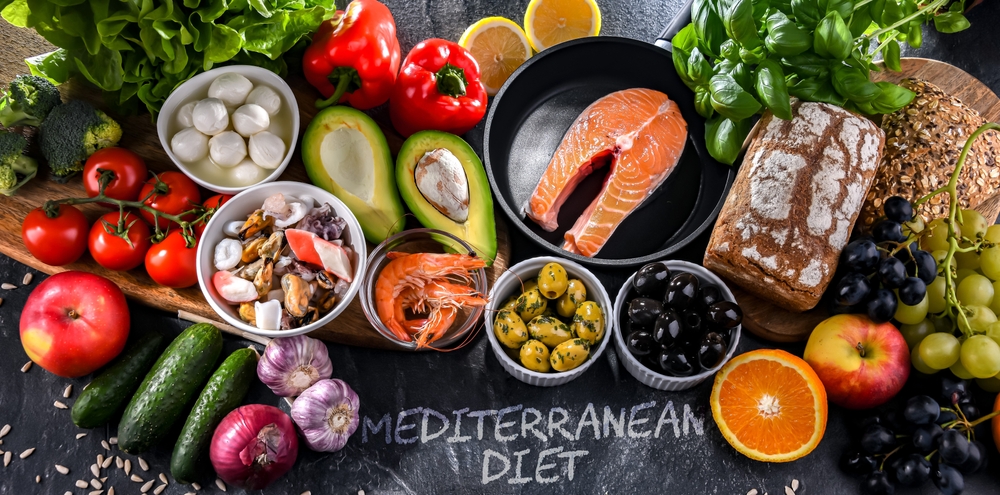In 2024, Chilean scientists reported their findings on interesting research. They investigated the correlation between adolescent academic achievement and eating style. The researchers studied over a thousand kids between the ages of ten and fourteen.
A portion of the kids enjoyed a balanced and healthy Mediterranean diet. When they used oil, it was most likely extra-virgin olive oil. They packed their plates with boatloads of vegetables, fruits, cereals, nuts, and legumes. They ate plenty of protein but didn’t go overboard with animal-based proteins such as fish, other meats, or dairy products. They kept their intake of eggs and sweets to a minimum.
Another group of kids had what most of us in the scientific community would call an unhealthy diet. They binged on candies and sweets. They overloaded on sugar, including high-sugar drinks. When they deigned to eat a grain, it was refined. They eschewed the natural, devouring ultra-processed foods instead.
The scientists discovered that those adolescents who enjoyed a salutary diet excelled in the classroom. They were head and shoulders above their peers with unhealthy diets in the domains of problem-solving, reasoning ability, memory, and inhibitory control. Their report cards reflected their cognitive superiority. The kids who feasted on the Mediterranean-type diet had significantly better grades than their peers in science, history, language arts, and mathematics.
It shouldn’t be any surprise that dietary style has an outsized effect on teenage cognition. After all, teenagers’ brains, although adult-sized, still have a lot of developing to do.
First, there’s myelination. Myelin is a fatty substance that surrounds axons (nerve cables) and prevents the leakage of electric signals. Without myelin, the nerves would short-circuit all over the brain. Consuming foods that help maintain phospholipid balance is essential to healthy cell membranes and proper myelination. Healthy myelin leads to healthy white matter, which, in turn, leads to superior connectivity between brain regions.
Second of all, there’s pruning. Early in childhood, neurons (brain cells) make lots and lots of connections, like a forest canopy with all the tree branches intertwined. As kids enter their teen years, some of those connections need to be pruned back to increase efficiency, which manifests as clarity of thinking and the ability to acquire essential life skills (so they won’t be in your basement until they’re thirty). This process requires a lot of cerebral blood flow. That’s where a diet rich in omega-3 fatty acids (found in oily fish, walnuts, and other foods) and polyphenols (abundant in colorful berries, among other things) come in.
Besides all that, too much sugar is poison (not just for the brain, but for the whole body). High blood sugar levels cause chronic low-grade systemic inflammation. Too much brain glucose (sugar), coupled with persistent inflammation, increases the likelihood of hippocampal (area of the brain responsible for memory formation) damage and atrophy (wasting away) of the cerebral prefrontal cortex (executive area of the brain).
Some scientists have even gone so far as to say, “Since brain glucose dysregulation is correlated with so much brain damage, why don’t we just start calling Alzheimer’s Disease: ‘Diabetes type 3.’”
Marc Arginteanu is a neurosurgeon and author of Azazel’s Public House.

